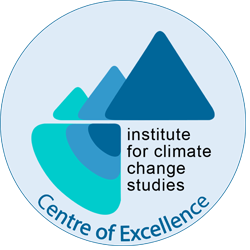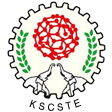Strengthening of the State Climate Change Knowledge Cell Under National Mission
OBJECTIVES
1. Climate Monitoring, Analysis and Projection
- Generate weather and climate database of the state to monitor observed climate variability and trends to identify climate change hotspots in every district of the state.
- Assessment of hazard, vulnerability and risk at district and higher spatial resolutions to identify critical zones in the state pertaining to various sensitive sectors such as Agriculture, Animal Husbandry, Fisheries, Forest and Biodiversity, Water Resources, Health, Energy, Urban Ecosystem, Tourism etc.
- Prepare and issue monthly, seasonal and annual climate statement of the state every year for the policy makers, researchers and public.
- Generate climate projections, policy-relevant assessments of climate variability and change specific to the state regularly with the help of concerned national and international agencies to help the state government to take informed decision making for the overall wellbeing of the society.
- Generate state and district level forecast of temperature and rainfall parameters at extended and long-range forecast levels by bias correction, calibration and rescaling of various dynamical model simulations and provide to users for various sectoral applications.
2. Climate Change Impact Analysis and Adaptation
- Study the impact of climate change on the important economic sectors (Agriculture, fishing, tourism, water, health etc.) and bring out suitable adaptation strategies.
- To upgrade the capabilities of the existing ICCS Website for assisting decision makers and sectoral users of the state with access to updated climate monitoring, forecast and long-term projections of future climate change over the State, maps of hazard, vulnerability and risk etc.
- To strengthen the computational capability of the institute which is vital in discerning future climatic characteristics.
- Development of multi hazard impact forecast models for all vulnerable cities to support early warning and response system. (Urban cities are likely to be impacted more due to higher exposure level).
- Development of improved strategies for communicating climate information (like variability, prediction, impact) to public and policy makers for better response and risk reduction.
- To develop capacity building for all relevant Departments of State Governments/stakeholders, to create awareness on climate change and develop capabilities to handle various issues.
- Establish research networks with various research organizations/ institutions particularly in the areas of climate change impacts on important socio-economic sectors within the state. (By conducting consultation workshops/ seminars/ symposiums/ lecture series etc.)


